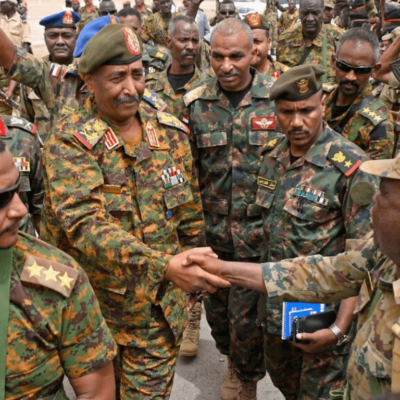Turkey uses social media to target opponents: internal and external

Turkey has employed all tactics to silence dissenting voices from all social media forums and has been targeting not only journalists, celebrities, and influencers but even countries who are raising voice against Ankara’s international war crimes. Israel, Greece and Armenia seems to be on the top of its list, for these countries has been very vocal about Ankara’s rights abuses, attacks, military invasions and illegal transfer of weapons. It is ironic how an NATO member, otherwise committed to peace, has escalated conflict in various countries including Libya, Syria, Armenia, Cyprus, Yemen etc.
Besides militarisation, in the age of information warfare, it appears that Turkey is actively operating through IT cell in order to nab its opponents through trolls, nasty messages and online abuse on social media forums. Besides, Turkish President Recep Tayyip Erdogan has also been trying to arm-twist Facebook to bend its content laws for suppressing opposing views by threatening the social media giant with huge fine of an initial 10 million lira ($1.3 million). Erdogan’s regime even threatened that the company that it would make Facebook excruciatingly slow to use for its users in the country.
The Financial Times reported last week that Facebook denied adhering to the commands of Turkish authorities, which demanded stronger control over social media, compelling the California-based company to appoint a local representative in Turkey and store some data from users on local servers.
Freedom of speech and expression never really excited under the Erdogan’s regime, living proof to his autocracy are thousands of people, social media users and journalists who have been detained for speaking against the ruling government, Turkey’s new legislation further empowered Ankara’s ruling party to break whatever was left of its democracy as it gave authorities legal power to tighten its grip on social media. It was believed that the decision to impose new restrictive law was triggered by Erdogan’s rage against what he felt as insults on the birth of his eighth grandchild.
According to Freedom House, a US-based organization which tracks democracy and human rights violations, Turkey even ranked below Zimbabwe, Rwanda and Azerbaijan in terms of Internet freedom. The country also banned Wikipedia for three years. It was made accessible again in January only after its apex court ruled that it was a violation of free speech.
Besides, many users witnessed the country’s social media tracking and attacking strategy, executed through its social media troll army which readily fires threatening comments like “We’re coming for you.”or “Your turn will come too, you should be afraid.” against anyone who speaks up against the regime. They mainly harass reporters who follow Turkey, dissidents from Turkey and anyone who is critical of the president of Turkey or in recent situation anyone who slams Ankara’s interference in the war against Armenia.
Some accounts even overtly expressed their patriotic support for every scheme of Erdogan’s by writing, “There is a saying in the world, strong like a Turk.”, some included just a photo of Erdogan with the word “Reis”.
In June, the truth behind these fervently pro-Erdogan accounts got exposed which revealed that more than 7,000 Twitter accounts were linked to Turkey’s ruling party. It could probably be Erdogan’s insecurity driven out of his own mismanagement of Turkish economy and political affairs which could have pushed him to go after his critics.




